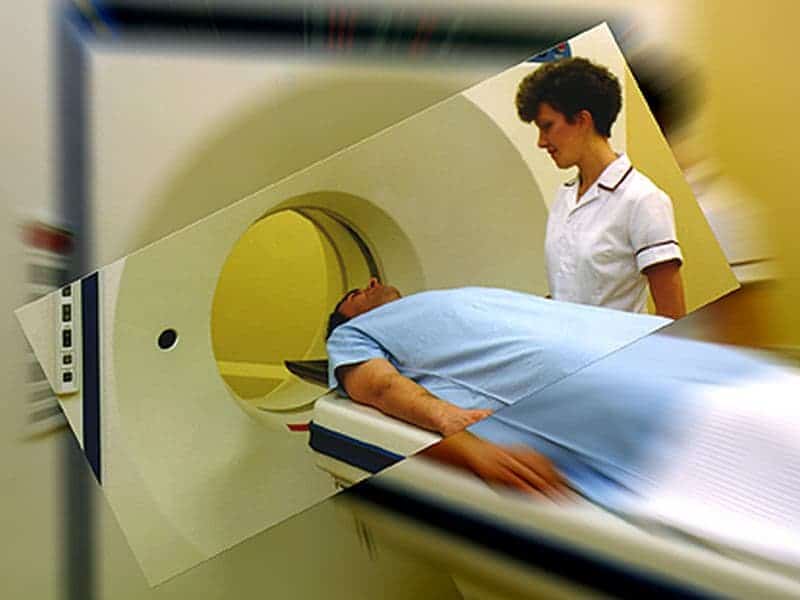FRIDAY, June 28, 2019 (HealthDay News) — Myocardial perfusion positron emission tomography (PET) imaging can improve risk prediction of cardiac death for patients with diabetes, according to a study published online June 27 in Radiology: Cardiothoracic Imaging.
Hicham Skali, M.D., from Harvard Medical School in Boston, and colleagues examined the prognostic value of myocardial perfusion PET in patients with and without diabetes mellitus. Data were obtained for 7,061 patients, including 1,966 with diabetes mellitus, who underwent clinically indicated rest-stress rubidium 82 myocardial perfusion PET. A total of 169 patients had cardiac death at a mean of 2.5 years.
The researchers found that in patients with diabetes, increasing magnitude of stress myocardial perfusion abnormality correlated with an increased risk for cardiac death for severely abnormal myocardium versus normal myocardium (hazard ratio, 7.2) after adjustment for established clinical predictors. In patients with and without diabetes, the addition of stress myocardial perfusion imaging results significantly improved the fit of a clinical model predicting cardiac death. In patients with diabetes, myocardial perfusion PET improved the risk reclassification for cardiac death (category-based net reclassification index, 0.39). An abnormal myocardial perfusion PET scan correlated with an increased risk for cardiac death among patients with diabetes (hazard ratio, 4.4) in all important clinical subgroups categorized by age, sex, and obesity.
“The data from the stress test among diabetic patients actually allowed us to better risk-stratify people in greater than 39 percent of the cases,” Skali said in a statement.
Abstract/Full Text (subscription or payment may be required)
Copyright © 2019 HealthDay. All rights reserved.



